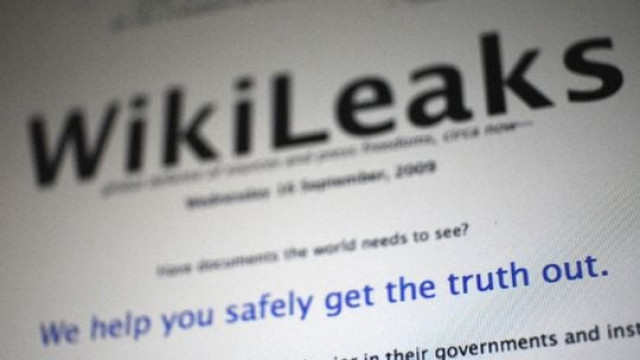Duplicity over drones?
Many observers actually thought that the army could be behind the orchestrated groundswell of anti-drone emotion.

What does one make of this? Some cables point to a growing disagreement over whether the drone technology could be given to Pakistan. The military seems to have required the drones for surveillance to improve its knowledge of terrorist movement on the contested terrain, but not the Predator itself which delivers precise hits on the ground. The American side was not willing to give Pakistan the drones for surveillance for reasons that may not be very difficult to guess. Starting 2008, it could be the beginning of the rift that developed into war, climaxing in the arrest of Raymond Davis in 2011. In 2010, politicians in government, who had previously openly supported the drone attacks against their killers, began to voice their opposition to them.
The possible mistake made was: Keeping the people uninformed about the Pakistan-US ‘joint strategy’ behind the drone attacks. There is evidence that the army under General Kayani began to balk at public reactions soon after the exit of General Musharraf. This is what happened in 2008, when the GHQ issued a statement against the Kerry-Lugar Bill and its ‘conditionalities’ after assessing the public hue and cry over Pakistan’s ‘sovereignty’ raised in the mostly anti-government media. It is quite possible that the decision to oppose the drones was made after taking the public pulse. Many observers actually thought that the army could be behind the orchestrated groundswell of anti-drone emotion, which looked like a trend supporting the Taliban and al Qaeda and hating the Americans. To external observers it all looked maddeningly like al Qaeda and the Pakistani media singing in unison. Of course, the military could have chosen to take the opposite route because, by coming clean on this issue, it could have tried to influence public opinion by telling the people what seems to be the truth: That the drones are quite effective and a much-needed instrument of attack in the war against the militants. Had this been done the war against militancy, which the government and the establishment both say needs the support of the public, would have got just that: A public behind the strategy to target the terrorists. Instead, anybody who even remotely supported the drone strikes in the media was labelled as a traitor and/or America’s poodle, with the result that the anti-drone camp was appropriated by the hyper-right wing. (Even the ISPR’s denial following this story is hard to digest and in any case, the issue of surveillance has note been denied). One reason, according to another cable which quotes General Kayani, that the Pakistanis didn’t want to go public with this support was that it didn’t want the army to be seen as a force which couldn’t take on the militants without outside help. Even if that is taken at face value, surely, the benefits would have far outweighed the cost of carrying on what clearly seems to be a duplicitous strategy on drone attacks.
Published in The Express Tribune, May 21st, 2011.














COMMENTS
Comments are moderated and generally will be posted if they are on-topic and not abusive.
For more information, please see our Comments FAQ